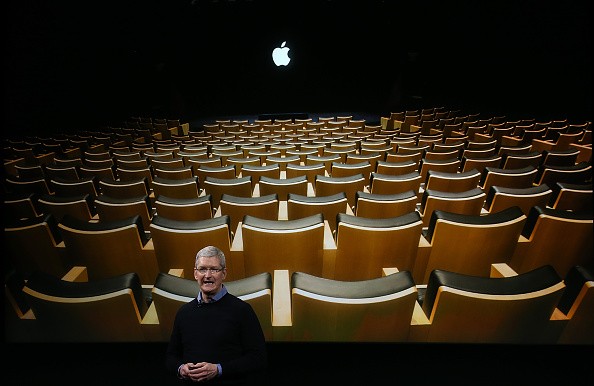Apple denied last week the renewed demand of the Department of Justice to help investigators access a drug dealer's iPhone, arguing that its help is not a necessity as the government has not proven it. The iPhone maker claimed the government failed to prove its assistance is necessary to crack security.
"The government has made no showing that it has exhausted alternative means for extracting data from the iPhone at issue here, either by making a serious attempt to obtain the passcode from the individual defendant who set it in the first place ... or by consulting other government agencies and third parties known to the government," a brief filed by Apple lawyers with a federal court in New York on April 15, Friday, stated.
Magistrate Judge James Orenstein issued a ruling in February, rejecting DOJ's command that Apple help unlock an iPhone that runs iOS 7. The government made an appeal of Orenstein's ruling and Apple's brief above was a response to that appeal, MacRumors reported.
The case is about an iPhone used by a dealer of methamphetamine who pleaded guilty to charges in 2015. DOJ pressed Apple for help, citing a court order that required it to help officials crack the security of the device. Apple contested the court order in October.
This year, the Cupertino tech titan again hesitated a court order to design an iOS mobile operating system to unlock a different Apple smartphone. Such phone had been used by the suspect in the December San Bernardino shooting in California, Syed Rizwan Farook. Farook's wife, Tafsheen Malik, was also a suspect in the shooting which killed 14.
The case over crafting a new iOS was dismissed after FBI announced that a third party can help them access Farook's phone without the help from Apple. The latter likewise mentioned it in its brief, and its lawyers said the government should offer evidence that it has made all the efforts to acquire the data it needs before asking Apple's assistance. The government failed to show such, hence, the application is denied. Like before, Apple objected that authorities are casting a precedent to future demands from the company.
While DOJ dismissed Apple's concerns, calling them a marketing stuff and arguing they risk lives by allowing the law enforcement to be blind, Orenstein said the All Writs Act, cannot be used to order a tech firm to manipulate its products, The Guardian reported. The All Writs Act is a federal law that judges use to request phone companies to help them operate and install call tracking devices. Such law does not work when there is an alternate solution.
Here is a news clip about Apple's user privacy battle with DOJ:



























